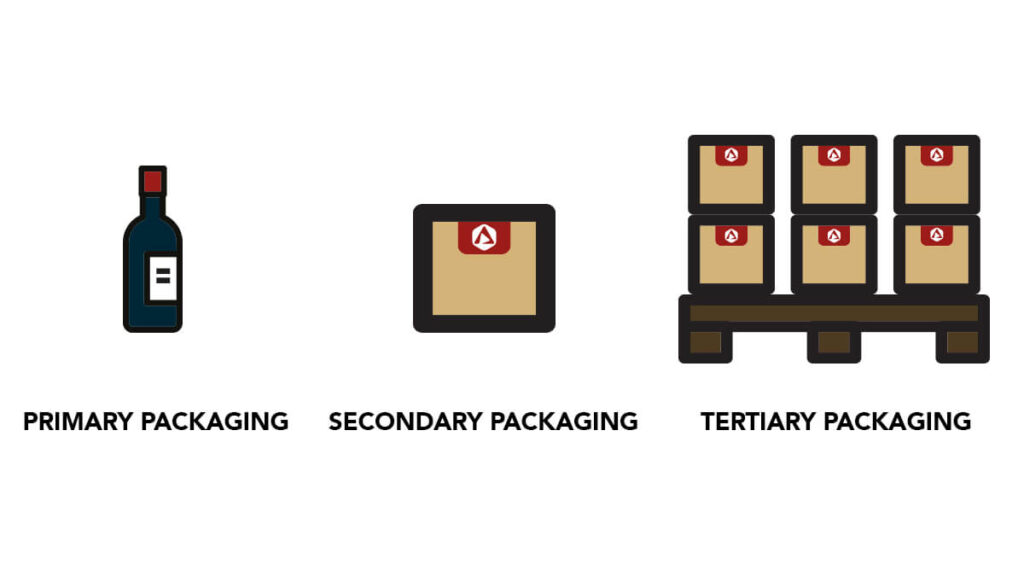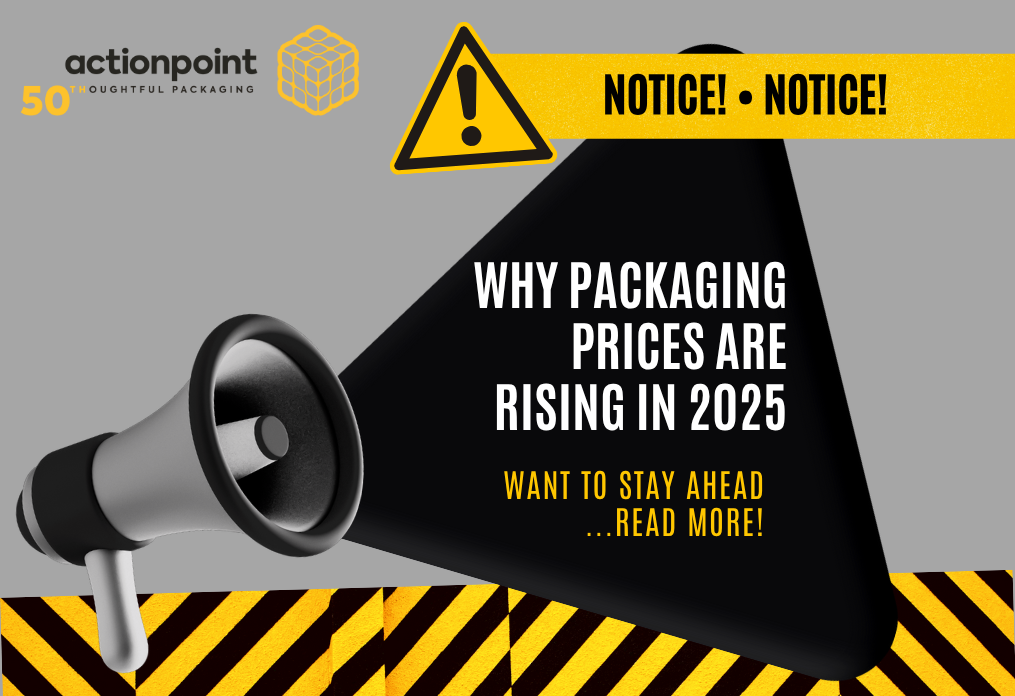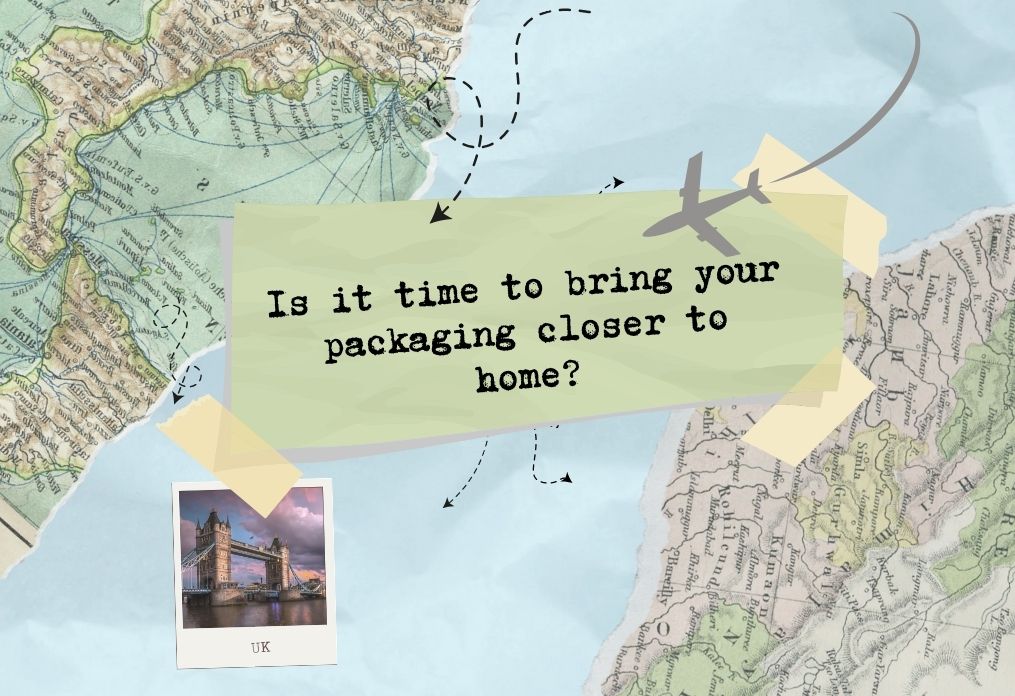OPRL’s PREP UK packaging design tool goes live this week with UK recycling infrastructure data for testing, ensuring recyclability assessments fully reflect current UK collections and processing infrastructure.

As part of its support to member signatories of the UK Plastics Pact, OPRL committed to “Launch our sustainable packaging design tool as a standard part of membership, enabling members to meet their UK Plastics Pact commitments by designing packaging which both avoids unrecyclable plastics and ensures design aids easy separation and recycling of components.”
This final testing phase keeps the project on course for full launch this autumn.
Speaking about the project, Stuart Lendrum, executive director, OPRL, said: “We promised to provide an easy, online and interactive design tool which gives a realistic recyclability assessment, looking at both materials and component design. We’re excited we’ve reached this final stage so quickly, so we’re on course for the full launch of PREP UK. We’re building on firm foundations, using this proven Australasian solution.”
“The research undertaken for us by Axion Consulting ensures the tool is calibrated to reflect UK infrastructure, and we will continue to update this in the current fast paced policy environment. Once this final phase of testing is complete, we believe we have a tool with the potential to underpin Extended Producer Responsibility assessments, deliver against the National Infrastructure Commission’s recommendations on recyclability of plastic packaging, and enable UK Plastics Pact signatories to make rapid progress in fulfilling their commitments.”
Anthony Peyton, chief executive and founder, PREP Design Pty, said: “We’re very excited to have the opportunity to work with OPRL to assist its members in designing 100 percent recyclable packaging and meet commitments under the UK Plastic Pact. I’d like to sincerely thank Axion Consulting and all those whose data and advice have enabled OPRL to reflect the UK recycling system via the PREP. Without this support from the industry, and the provision of our online platform, brands would hesitate to approach such targets with confidence and vigour.”
“Our work in the UK will be conducted in parallel with helping businesses in Australia and New Zealand who are members of the Australian Packaging Covenant Organisation (APCO), who also have access to the PREP for the two nations. The goal is to have all packaging recyclable (or reusable or compostable) by 2025, as agreed by all National and State Environment Ministers on 27 April 2018 – it can be done!”
Source: Packaging News




